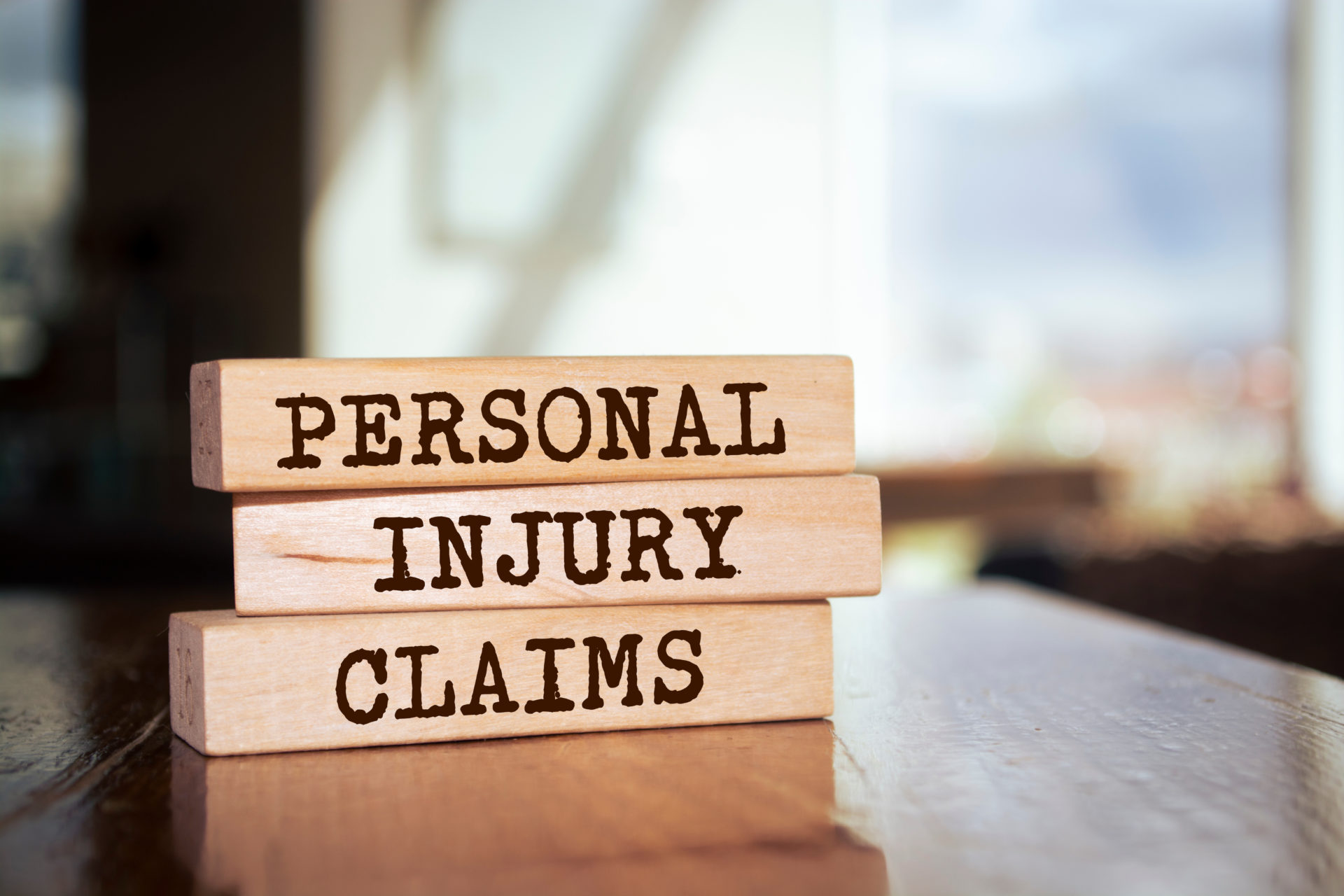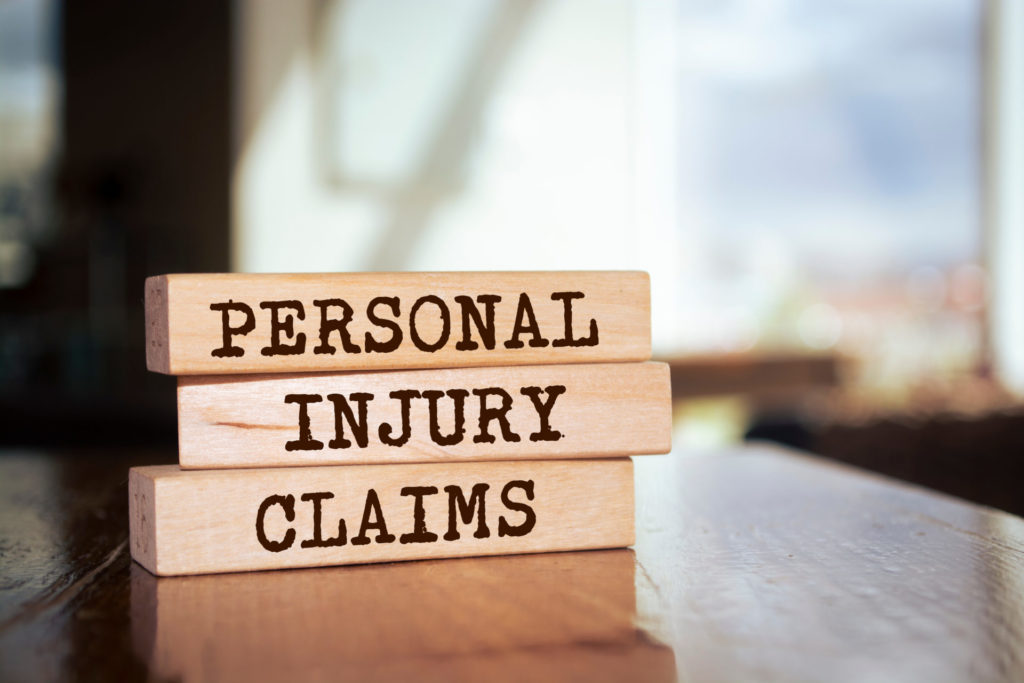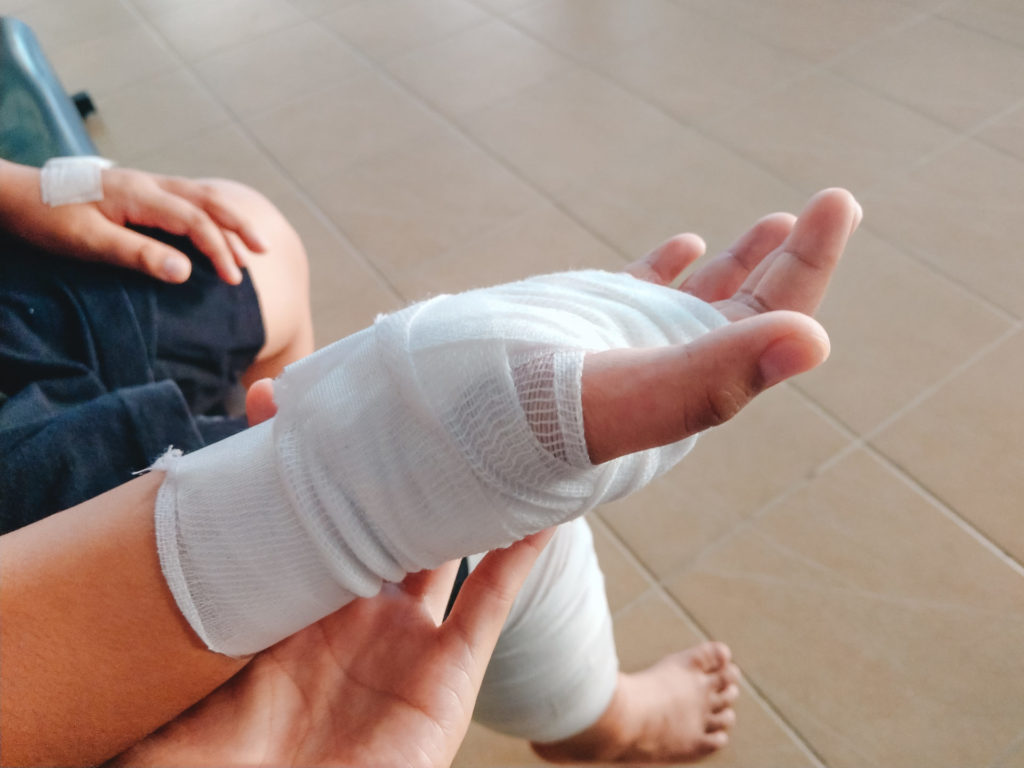Excellent experience start to finish – always very responsive to any queries and the turnaround on the property I was buying was very quick, even in the busy time leading up to stamp duty deadline. Jenny was always very helpful and went above and beyond to close on a short timescale.
Edward Moss – trainee solicitor – Answers Some of the Most Common PI Questions.

How long do I have to bring a claim if I have suffered an accident that wasn’t my fault?
The usual rule is that claims must be brought within three years of the accident. There are some exceptions but it always worth contacting us as soon as possible to start your claim. An important exception is if you are under 18 or were under 18 at the date of the accident. In those cases the three year time limit starts from the date you turn 18.
What type of claims do you cover?
We deal with many types of claim including, but not limited to:
1. Road Traffic Accidents – If you are injured as a result of an accident with a vehicle. This includes travelling in a vehicle as either the driver or the passenger. It also includes being hit by a vehicle as a pedestrian or on a bicycle;
2. Employer’s Liability – If you are injured in an accident at your workplace or whilst working;
3. Public Liability – If you are injured when out of your house. This includes having an accident in the street, in a shop or another building;
4. Injuries caused by a criminal act – If you are the victim of a crime and suffer injuries as a result;
5. Clinical Negligence – If you suffer personal injuries as a result of negligent medical, dental or nursing treatment;
6. Accidents on holiday
What should I do after my accident?
It is important to keep a record of everything related to your accident. This should include:
~ A note of your injuries and how they affect your daily life;
~ Details of all visits to your GP/hospital and any travelling expenses incurred;
~ Details of any medication you purchase;
~ Details of any care/help you receive around your home.
Remember to keep all receipts as you will need to prove all costs to be able to claim for them.
How will you start my claim?
At the initial meeting we will take full details from you about your accident. Once we have this information we will submit a claim to your opponent’s insurers. They then have a certain period to investigate the accident. Once this period expires they will either accept or reject liability.
How long do they have to investigate?
There are fixed time periods for an opponent to investigate a claim and these depend upon the type of case:
~ 15 working days in a Road Traffic Accident;
~ 30 working days in an Employer’s Liability case;
~ 40 working days in a Public Liability case.
~ Four months in a Clinical Negligence claim.
The opponent’s insurers have accepted/denied liability, what happens next?
If the insurers accept liability they have admitted that the accident wasn’t your fault and you are entitled to compensation. The next stage will be to calculate your compensation. This usually involves instructing a medical expert to examine you and to prepare a report setting out details of your injuries and details of any future treatment you may need. We will also gather details of all the expenses and losses you have incurred as a result of the accident.
If the insurers deny liability you may still continue with your claim. The next step would be to gather all the evidence about the accident and then decide whether the case is strong enough to go to court and be put before a judge.
Is it likely I will have to go to court?
No, very few claims go court. If liability is denied by your opponent we will still try to settle the case with your opponent’s insurers once we have reviewed all the evidence in the case. If we believe the case is strong enough that you would succeed in court it is likely your opponent’s insurer wouldn’t want to risk the case going to trial and a settlement is the likely outcome. If we think it is unlikely that you will succeed we will advise you to end your case.
How much is my claim worth?
This is different in every case as there are no fixed amounts for a type of injury. Once fault is admitted we will gather all the information about your accident together and come to an agreement with you about how much we think your claim could be worth. This amount will be split between general and special damages. We will then negotiate to ensure you receive the best settlement possible.
What is the difference between general and special damages?
General damages are the amount of damages you are entitled to receive as compensation for your injuries. This is an award to reflect the amount of pain and suffering that you have sustained.
Special damages are to reimburse you for any losses you have incurred as a result of your accident.
This can include:
~ Loss of earnings (if you are forced to take time off work);
~ Treatment and medication costs;
~ Travel costs (for any appointments you attend related to your accident);
~ The cost of care (this can include hired help and also family or friends providing assistance as a result of your accident.
I had an accident at work but I don’t want to sue my employer as I’m worried it will hurt the business/affect my job?
When you bring a claim against your employer you are actually bringing the claim against your employer’s insurance company. Your employer has a legal obligation to keep you safe at work and will have insurance to protect you. If you have suffered an accident that wasn’t your fault you should not feel guilty about bringing a claim. If you were to suffer any difficulties at work as a result of bringing a claim our Employment Team would be happy to help.
What is Contributory Negligence and how could it affect my claim?
Contributory Negligence is when you are partly responsible for your accident. An example of this is if two cars were reverse into each other and both drivers are partly at fault. It is still possible for you to be awarded damages but any award would be reduced by the percentage that you are deemed to have been responsible for the accident. In the example above if both drivers were equally to blame liability would be 50/50. Therefore if you were entitled to £10,000 damages this would be reduced to £5,000.
Can I make a claim if I had my accident on holiday?
It is possible to bring a claim if you suffered an accident on holiday. If you booked a package holiday (two or more parts of the holiday booked together) with a UK based company then you would be able to bring the claim in the UK.
It is still possible to bring a claim if you didn’t travel on a package holiday but you would need to bring the case in the country the accident happened or where the company is based. We would help you liaise with lawyers in that country to help you obtain the damages you are entitled to.
My accident happened on the plane/boat can I bring a claim?
Yes but you only have two years to bring a claim against the carrier and so it is vital to take legal advice as soon as possible.
I was attacked by someone I don’t know, can I still bring a claim?
Yes, we would submit your claim to the Criminal Injuries Compensation Authority. This is a government funded body that helps blameless victims of crime. They would investigate the claim and would be responsible for paying any damages awarded to you. You can make a claim even if the person responsible is not prosecuted or identified. In order to bring a claim under this scheme you will need to have reported the incident to the police and kept a record of your crime reference number.
You will only have two years to bring a claim with the CICA and you must not have contributed in any way to the incident or have a criminal record yourself.
I had a car accident but the other driver had no insurance/drove off, do I have to make my claim against my own insurance company?
No, if you are unable to identify the person who caused the accident or they didn’t have any insurance you won’t have to make a claim against your own insurance policy. Instead the claim would be submitted to the Motor Insurers’ Bureau (which is funded by insurance companies). They are responsible for paying compensation in road accidents where the other driver is unknown or uninsured.
You would also make a claim to the Motor Insurers’ Bureau if you were involved in a traffic accident that wasn’t your fault where no-one else was involved, for example if your car skidded on oil on the road. However, you would not be able to bring a claim if the accident was a result of poor weather conditions.
What if I die before the claim is finished?
It is still possible for you to be awarded compensation. Any damages would belong to your estate and would be distributed in accordance either with any instruction you left in a will or, if you don’t have a will, the court would decide who would receive your damages.
Found this article useful? You might be interested in some of our others:



